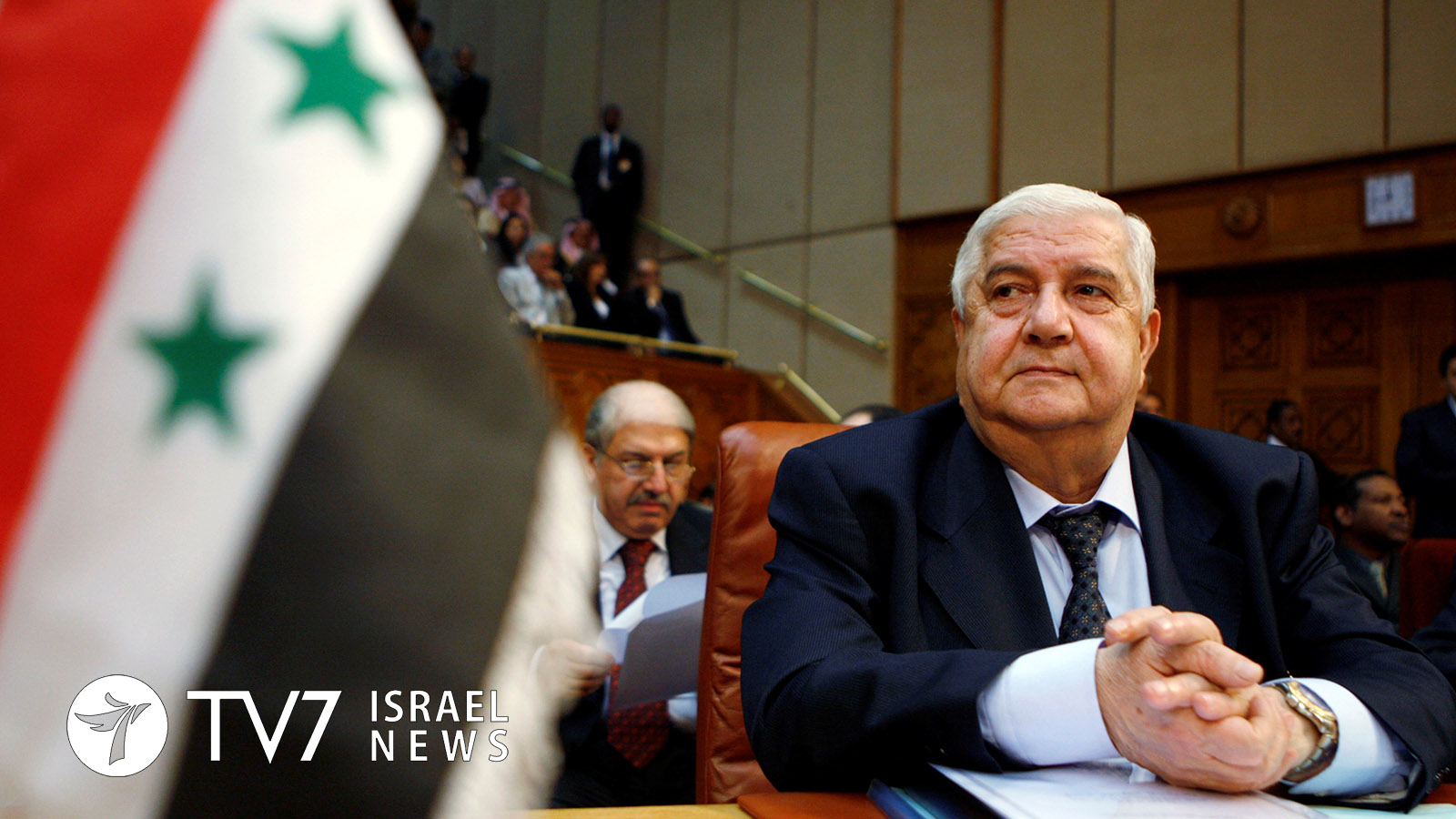Syria announced that it’s long-time Foreign Minister Walid al-Muallem passed away at dawn today, although declined to disclose the cause of death. The veteran diplomat, 79, had health-related issues for years, including heart complications.
“He was known for his honorable patriotic positions” according to a government statement, adding that he would be buried later on Monday in Damascus.
Muallem, a Sunni politician from the Syrian capital, held a succession of top diplomatic posts including Ambassador to the United States. He had also been involved in unsuccessful peace negotiations with Israel in the 1990s. He was first appointed Foreign Minister in 2006, and also served as Deputy Premier.
As right-hand man to Syrian President Bashar al Assad, Muallem staunchly defended the regime’s bloody crackdown on peaceful protests demanding an end to the authoritarian leader’s rule in 2011 that lead to civil war. He also oversaw the regime’s tilt further toward Russia and Iran; whose military forces and thousands of Hezbollah fighters battled alongside alongside the Syrian army to recapture of most of the territory lost to opposition factions over the last decade. Hundreds of thousands of Syrians have been killed in the war, which led to the exodus of millions of refugees.
While Assad’s critics charged that the Hezbollah presence in the Arab Republic has been tantamount to “an occupation” that exacerbated sectarian tensions in the Sunni-majority country, Muallem famously declared in August 2006 that he was himself “ready to be one of Hassan Nasrallahʹs soldiers,” in reference to the militia’s leader.
It should be noted that Syria, Hezbollah and Iran are ideological and religious allies. Iran’s official state religion is Shi’ite Islam; Hezbollah, which means “Party of Allah” in Arabic, is a Shia Islamist terror group and political party, and Syria’s Assad ruling family belong to the minority Alawite sect of Shia Islam.
As a fierce government loyalist, Muallem accused the United States and other Western nations of fueling the anti-Assad insurgents he branded as “terrorists.” In fact, his last public last statements were spent attacking the United States “Caesar Act,” which have been the toughest sanctions Washington has yet to impose on Damascus since coming into force last June. The veteran diplomat vowed to acquire economic help from Iran and Russia to overcome the American action, which he claimed was deliberately aimed at starving the Syrian people.
The administration of U.S. President Donald Trump rejected the allegations by pointing out that the sanctions exempt humanitarian aid. Washington maintains that the goal of the Caesar Act is to hold Damascus accountable for the commission of war crimes, while deterring it from further exacerbating the war.
Sources close to the Syrian government say it is widely expected Deputy Foreign Minister Faisal Mekdad will replace his late boss.
